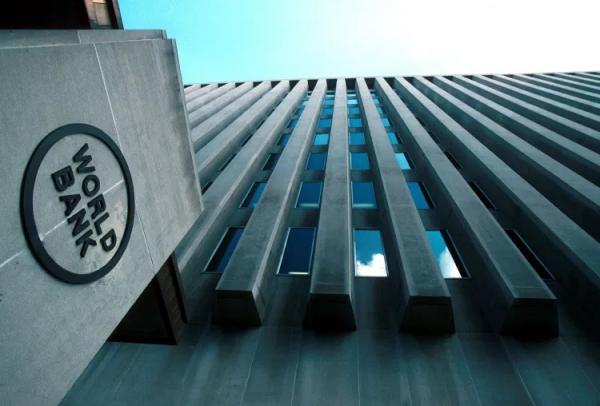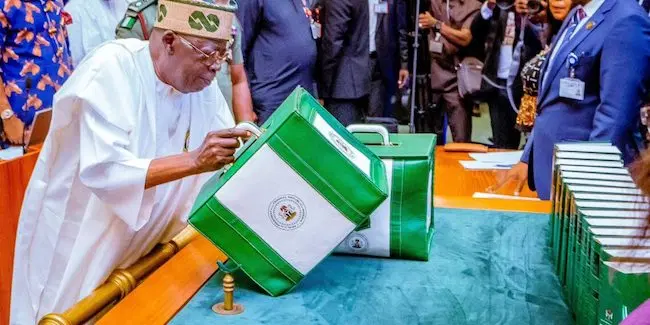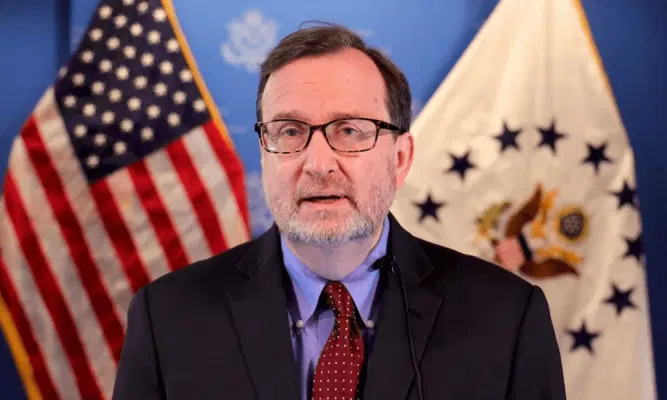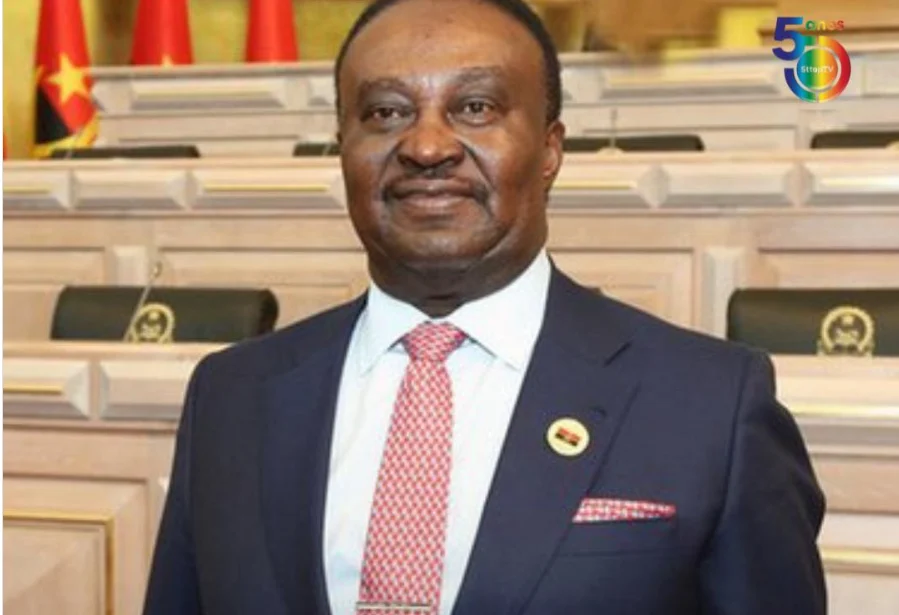
Thursday. 1st July 2021: The World Bank has announced a provision of $4.4 billion for the purchase and deployment of COVID-19 vaccines for 51 developing countries, but Nigeria is not listed among the benefiting countries half of which are in Africa.
In a statement on Wednesday, the Bank said more than half of the latest financing comes from the International Development Association, IDA, the Bank’s fund for the world’s poorest countries, and is on grant or highly concessional terms.
The financing is part of the Bank’s commitment to help low- and middle-income countries acquire and distribute vaccines and strengthen their health systems.
Since the start of the COVID-19 pandemic, the World Bank Group has approved more than $150 billion to fight the health, economic, and social impacts of the pandemic.
Speaking on the development, World Bank Managing Director of Operations, Axel van Trotsenburg, said: “The World Bank is helping developing countries in every region of the world with vaccine purchase and rollout. Significant challenges still remain regarding vaccine deployment and hesitancy.
“We are taking action on all fronts to tackle these challenges, working in solidarity with international and regional partners to expedite doses to as many people as possible and to enhance disease surveillance, preparedness, and response.”
Reiterating its call to governments, pharmaceutical companies, and organisations involved in vaccine procurement and delivery, the Bank urged for help to increase transparency and build greater public information regarding vaccine contracts, options and agreements, vaccine financing and delivery agreements, and doses delivered and future delivery plans.
The Bank asked the countries anticipating excess vaccine supplies in the coming months to release their surplus doses and options as soon as possible, in a transparent manner, to developing countries with adequate distribution plans in place.
The $4.4 billion is supporting COVID-19 vaccination efforts in Afghanistan, Bangladesh, Benin, Cabo Verde, Cambodia, Comoros, the Republic of Congo, Côte d’Ivoire, Democratic Republic of Congo, Ecuador, El Salvador, Eswatini, Ethiopia, The Gambia, Georgia, Ghana, Guinea, Guinea Bissau, Guyana, and Honduras.
Others are Indonesia, Jordan, Kenya, Kosovo, the Kyrgyz Republic, Lao PDR, Lebanon, Lesotho, Madagascar, Malawi, Moldova, Mongolia, Mozambique, Nepal, Niger, Pakistan, Papua New Guinea, Philippines, Rwanda, São Tomé e Príncipe, Senegal, Sierra Leone, South Sudan, Sri Lanka, Sudan, Tajikistan, Togo, Tunisia, Ukraine, Yemen, and Zambia.
According to the Bank, its vaccine finance package is designed to be flexible. It can be used by countries to acquire doses through COVAX, the Africa Vaccine Acquisition Task Team, AVATT, or other sources.
It also finances vaccine deployment and health system strengthening, such as vaccine cold-chains, training health workers, data and information systems, and communications and outreach campaigns to key stakeholders which are crucial to ensure vaccination acceptance.
The Bank has aligned its eligibility criteria for COVID-19 vaccines with the revised eligibility criteria of COVAX and other multilateral partners and is partnering with the African Union and Africa Centre for Disease Control to support AVATT initiative with resources to allow countries to purchase and deploy vaccines for up to 400 million people across Africa.
The Bank is also convening a task force with the IMF, WHO, WTO, and other partners to track, coordinate, and advance delivery of COVID-19 vaccines to developing countries.
Latest findings show that 95 percent of countries have developed national vaccination plans, 79 percent have safety measures in place, and 82 percent have prioritizations of populations to receive the vaccine.
However, only 59 percent have developed plans to train the large number of vaccinators needed and less than half have a plan in place to generate public confidence, trust, and demand for COVID-19 vaccines.





















